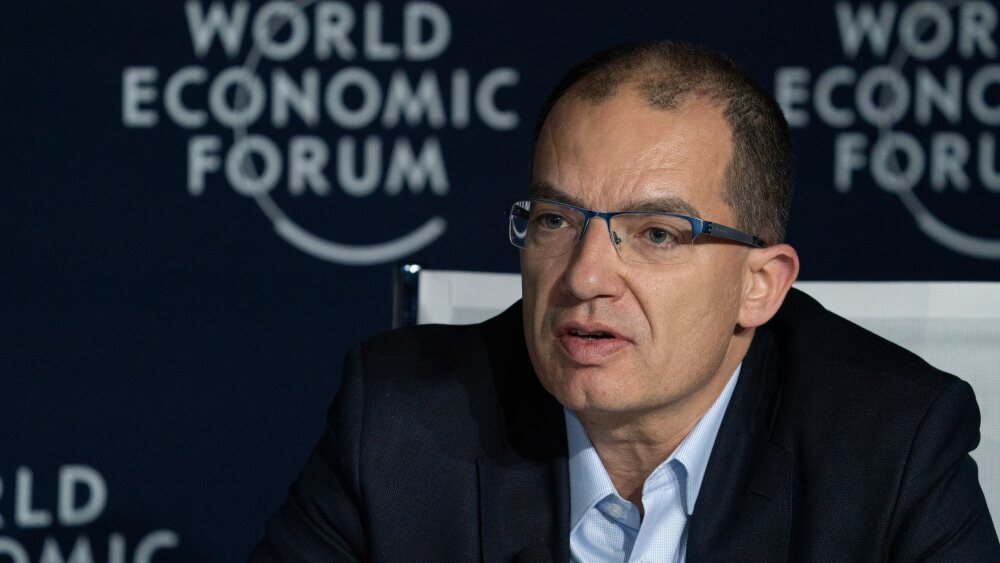March 5, 2015
By Riley McDermid, BioSpace.com Breaking News Sr. Editor
Kenilworth, New Jersey-based drugmaker Merck told workers at newly acquired Cubist Pharmaceuticals, Inc. Thursday that it will totally eliminate the company’s 120-employee drug discovery department in Lexington, Mass., the Boston Business Journal reported.
Merck bought Cubist for $9.5 billion at the beginning of January and its termination of the department will cut about 20 percent of Cubist’s 600-person Massachussets workforce. Deal terms included $102 per share in cash, with $1.1 billion in net debt, for a total of $9.5 billion.
Lainie Keller, director of global communications at Merck, told the Boston Business Journal that the “difficult decision” came as Merck took a close look at its assets. She said all of Cubist’s drugs will continue to be developed, with those in pre-clinical testing moving to other sites, and those in clinical trials seen through to completion.
Keller said a 450-employee “research center in Kendall Square and a Boston-based business development center” are also under review.
“We are continuing to look at our footprint in the greater Boston area,” she said.
Reaction to the deal was tepid when it was announced in December. On Dec. 19, a quick survey of 183 biotech market participants, a group which was 30 percent hedge funds, told ISI Group that Monday they think Merck ’s $9.5 billion acquisition of Cubist Pharmaceuticals, Inc. had a reasonable price tag and seems like a largely unremarkable deal.
Analyst Mark Schoenebaum, a biotech market watcher and medical doctor, polled the group for quick feedback. He found that when asked how does the deal impacted the market’s view of Merck’s management, 53 percent said no change, 23 percent said for the better, while 25 percent for the worse.
The group was largely sanguine about the overall quality or impact of the deal.
“On a scale of 1 (horrible) to 6 (awesome) what do you think, in general, of Merck’s decision to buy Cubist (please answer from Merck’s point of view!)?,” asked Schoenebaum. To that question, respondents ranked the deal a middling 3.55.
When it came to the $9.5 billion Merck will shell out for Cubist, 50 percent of respondents said they thought the company paid “about right” for the drugmaker. However, it was a close draw, with 47 percent remarking that Merck had paid too much—and a scant 2 percent thinking the deal terms were too low.
For now, most Wall Street and Main Street investors appear to be sitting on the sidelines to see how well the deal—which is not expected to be accretive until 2016—plays out.
“At first blush, do you think Cubist’s guidance of $2 billion in 2017 revenue is achievable (up from ~$1.2 billion this year)?” asked Schoenebaum. Participants were split on the issue, with 48 percent saying yes, and 52 percent saying no.
BioSpace Temperature Poll
Last week controversy erupted over the compensation package for Sanofi’s new CEO, Olivier Brandicourt, with several French government officials decrying the amount, calling it “incomprehensible.” Brandicourt could walk off with as much as $4.5 million in a “golden handshake” payment in addition to making $4.76 million a year. That base figure is comprised by a fixed annual salary of $1.36 million a year, which is supplemented by a performance-related bonus of between 150 to 250 percent, as well as stock options and performance shares.
So BioSpace wants your opinion, what do you think?





